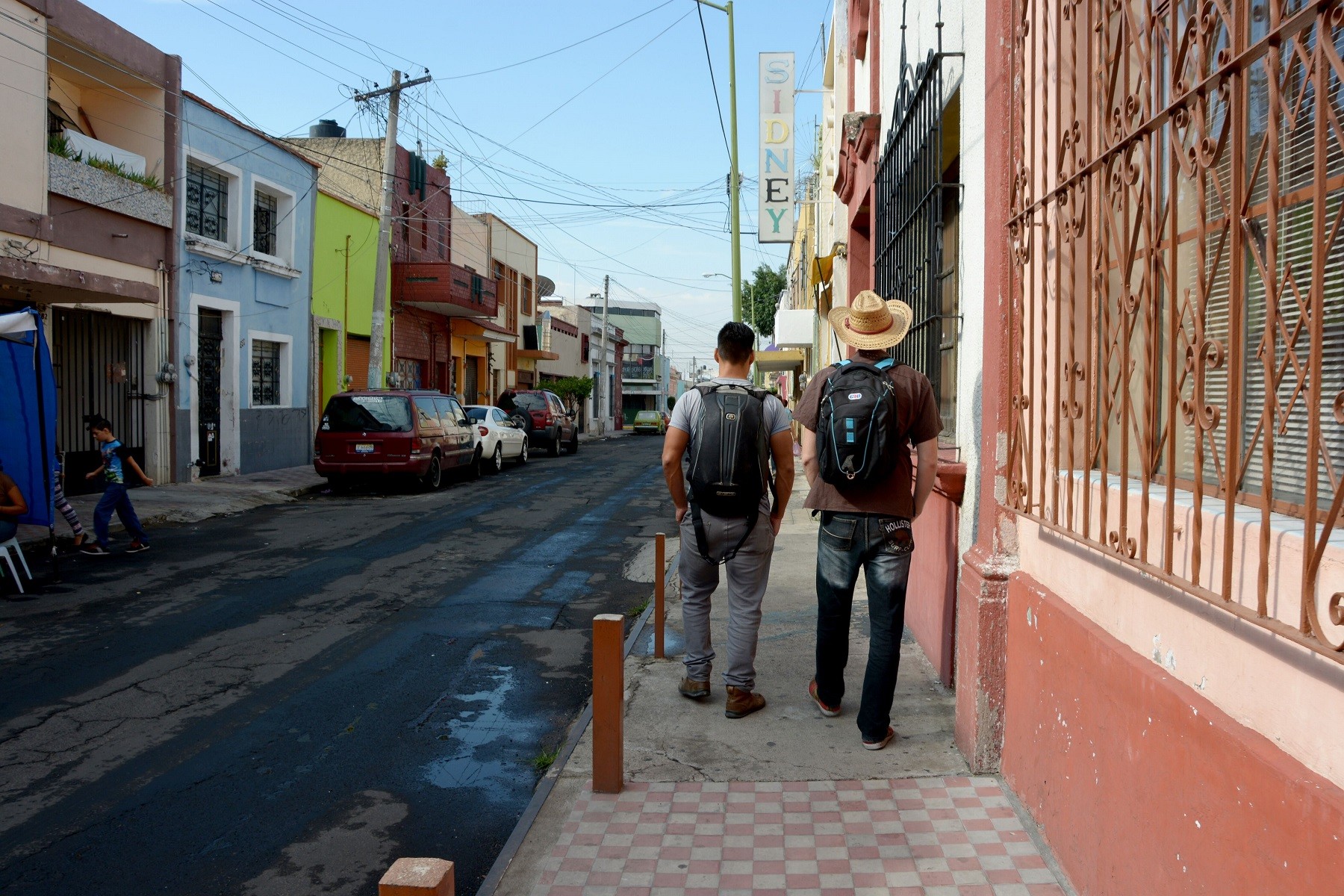The Episode:
Audio PlayerTo download the audio, right click and press “save as”.
Remember to subscribe on iTunes or subscribe on Pocket Casts.
If you enjoyed the episode, don’t keep it a secret! Feel free to share it on Twitter, Tumblr, Facebook, Reddit, or your office bathroom wall.
The Cash:
We really appreciate all of your contributions! Every cent and satoshi we receive lets us know that we’re doing something worthwhile, that you are entertained by our program, and that you’re starting to question what you know more and more. Please be generous. Donate to The Paradise Paradox. Or buy some stuff on Amazon using this link.
The Story:
Cuba is Cuba! There is no other! A real human life time capsule.
Today, Cuba is known for its cigars, old cars, beautiful women, sandwiches and suppressed economic state. For most travellers and for the weekend visitor that is all that they are going to see. What you may not see is how fast Cuba is changing, very soon it will be returning to what it once was, a buzzing, popping, trading hub of activity.
With a mega rich history, connected to the Spanish Empire, this colony up until early in the 20th century continued to benefit from foreign investments, hence industry development, and of course high immigration. All this positive movement was drawn to a halt once its relationship status with the United States became complicated.
On the dark side of Cuban history we find pirates, the Cuban revolution, the cold war and the trade embargo. This US government imposed trade barrier was the seal that closed Cuba off to the world. Totally effecting trade, production income and the country’s economic health, a travel ban was also imposed on U.S. citizens visiting Cuba, a bullet in the head for the tourism industry.
Cuba has shown its resilience, sustainability and creativity, naturally taking on a hacker culture, where everything becomes repairable. Most household objects might find themselves a second or third life. This changes the way the communities view experiments, science and innovation. Harsh limitations on materials, open the peoples minds and changs what they are willing to experiment with. This completely new perspective of innovation can be seen impacting other areas of the society. In particular we can see how this collective mentality has impacted the medical establishment, where research is less bound by status quo judgements and predispositions. Within this culture we can see homeopathy taken seriously, where these medications are now being mass-produced.
This is an example of how Cuba is in a time of change. As this blockage is lifted the Cuban industries will begin to pick up the pace. Tourism will find the next gear and continue to boom, manufacturing will increase, consequently exports will rise and their will be employment for the people. This integration of economies will be beneficial to all parties, except for perhaps the local tourism in Miami. We are only weeks away from seeing commercial ferries opening routes from Miami ports. We already see Cuba welcoming three million visitors per year, new waves of tourists should bump that up. Who knows, Cuba may be the new spot for spring-breakers!
In this episode, we are again joined by Niki and Rav for part two of their Latin travels. They share more travel stories such as: taxi adventures, how they dealt with the two Cuban currencies, struggles with the local Spanish language and tips for all the future travellers to Cuba. We also discuss communism from a tourist’s perspective and from other sources – what we do know about the system, in particular regarding the education system and research in the field of medical science. These were just a few topics amongst many more. Please enjoy another episode of The Paradise Paradox.
The Links:
Lonely Planet Cuba (Travel Guide)
The 4-Hour Workweek: Escape 9-5, Live Anywhere, and Join the New Rich (Expanded and Updated)
Cuba’s DIY Inventions from 30 Years of Isolation
The Men Who Stare at Goats – psychical and bizarre research in the US military
